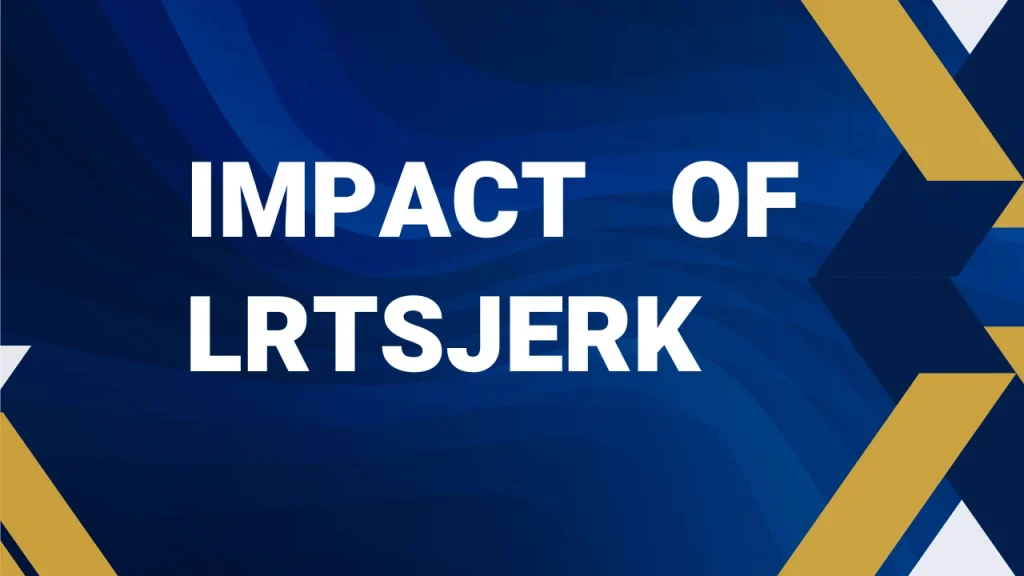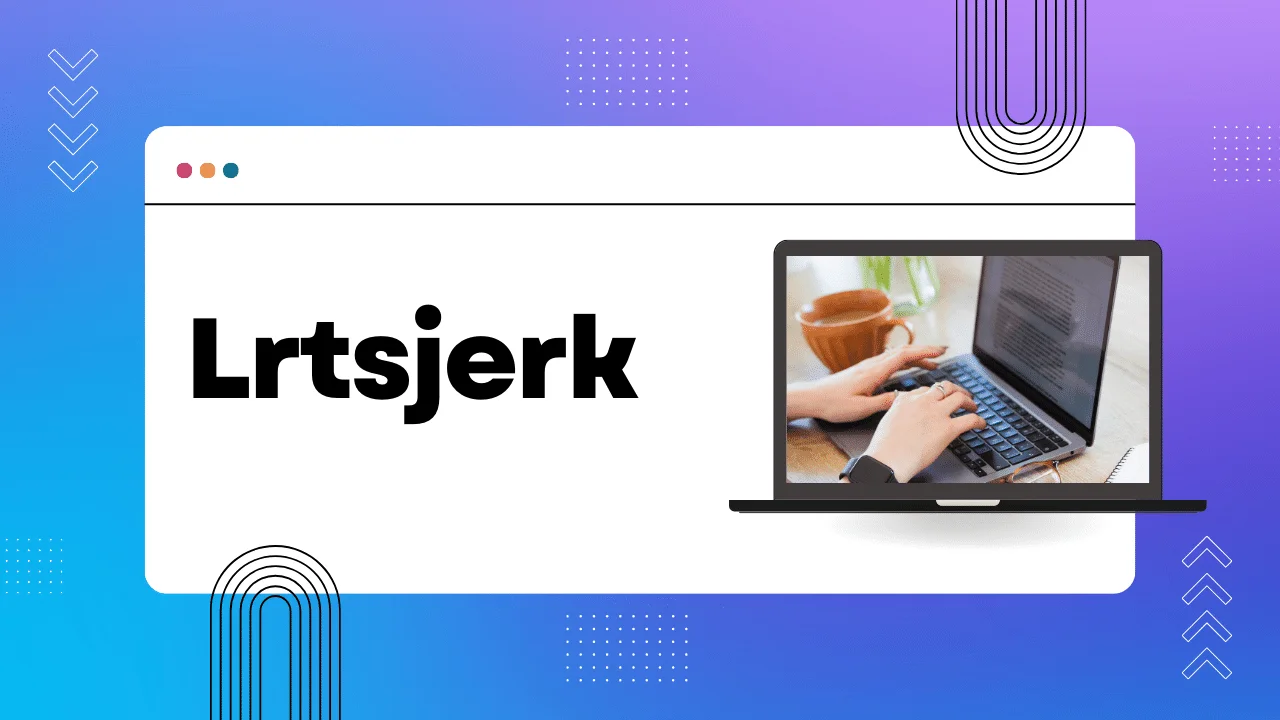In the ever-evolving landscape of digital communication, a new vernacular has emerged, shaping the way we understand and interact within virtual environments. One such term that has carved its niche in the realm of internet slang is “lrtsjerk.” This article aims to explore the multifaceted dimensions of lrtsjerk, offering insights into its significance and the broader implications it holds for online behavior and digital etiquette.
What is Lrtsjerk?
Lrtsjerk, a term that synthesizes the elements of annoyance and obnoxiousness in digital interactions, has become increasingly prevalent amongst internet users. At its core, lrtsjerk identifies individuals or actions that disrupt the harmony of online spaces through trolling, harassment, or other forms of digital misconduct.
Impact of Lrtsjerk

Online Trolling
Lrtsjerk behavior often manifests as online trolling or harassment, where individuals target others with the intent to provoke or upset. This toxic online behavior not only undermines the quality of digital discourse but also contributes to a hostile environment, deterring meaningful engagement and interaction.
Disruptive Communities
Communities built around shared interests or activities can quickly become breeding grounds for lrtsjerk behavior. When members engage in disruptive actions, it diminishes the sense of community and can lead to fragmentation, discouraging participation and collaboration.
Cyberbullying Behavior
An extension of lrtsjerk is its overlap with cyberbullying, where individuals are targeted with malicious intent, leading to psychological distress. Recognizing and addressing lrtsjerk behavior is crucial in creating safe online spaces that nurture positive interactions and discourage bullying.
Gaming Community
Gaming communities, known for their competitive and interactive nature, are not immune to lrtsjerk behaviors. Such toxicity can affect the gaming experience, alienating players and undermining the spirit of fair play and respect among gamers.
Digital Etiquette
Lrtsjerk actions often entail breaches of digital etiquette, reflecting a lack of respect for fellow internet users. Promoting awareness and adherence to digital etiquette can mitigate lrtsjerk behaviors, fostering a more respectful and engaging online environment.
Mitigate Lrtsjerk Behavior
Positive Online Interactions
Encouraging positive interactions online is pivotal in combating lrtsjerk behavior. Highlighting and rewarding constructive and supportive engagements can set a precedent for expected behavior within digital communities.
Digital Literacy
Educating internet users about digital literacy, including the impact of their actions online, can empower individuals to recognize and avoid lrtsjerk behavior. Understanding the consequences of digital harassment and trolling is vital in fostering a healthier online culture.
Community Guidelines
Online platforms and communities can play a significant role in mitigating lrtsjerk behavior by establishing and enforcing clear community guidelines. Such guidelines should outline acceptable behavior, provide mechanisms for reporting misconduct, and detail the consequences of violating these norms.
Empathy and Understanding
Fostering empathy and understanding among internet users can reduce lrtsjerk behavior. Encouraging individuals to consider the impact of their words and actions on others can lead to more respectful and constructive online interactions.
Users Against Lrtsjerk
Digital Resilience
Building resilience in the face of lrtsjerk behaviors is essential for navigating online spaces effectively. This involves developing the ability to encounter negative interactions without being unduly affected, thereby maintaining a positive online experience. Encouraging self-awareness and emotional intelligence can help individuals recognize and manage their reactions to potential lrtsjerk provocations.
Moderation Tools
Modern digital platforms offer a variety of tools designed to combat lrtsjerk behavior, from content filters to block and report functions. Educating users on how to utilize these tools can empower them to take control of their online environments, ensuring they can protect themselves from unwanted interactions and contribute to maintaining a positive community atmosphere.
Peer Support Systems
Fostering a culture of peer support within online communities can be a powerful deterrent to lrtsjerk behavior. When users feel supported by their peers, they are less likely to engage in disruptive behaviors and more likely to contribute positively. Initiatives that encourage users to stand up for one another and offer support in the face of negativity can strengthen community bonds and discourage lrtsjerk tendencies.
Transparency and Accountability
Transparency in the moderation process and clear accountability measures for lrtsjerk behavior can reinforce the seriousness with which communities address these issues. When users understand that there are real consequences for disruptive behavior, it sets clear boundaries and expectations, contributing to a more respectful online environment.
Also Read: Ilikecomox: Unique Blend of Services
Conclusion
Lrtsjerk, while a term that encapsulates the darker aspects of online interactions, also offers a lens through which we can examine and improve our digital behaviors. By understanding the implications of lrtsjerk behavior and adopting strategies to mitigate its impact, we can cultivate online environments that are inclusive, respectful, and conducive to positive engagement. The digital world is a reflection of our collective actions and behaviors; thus, each of us holds the responsibility to act with integrity and respect, ensuring the internet remains a space for healthy interaction and expression.
